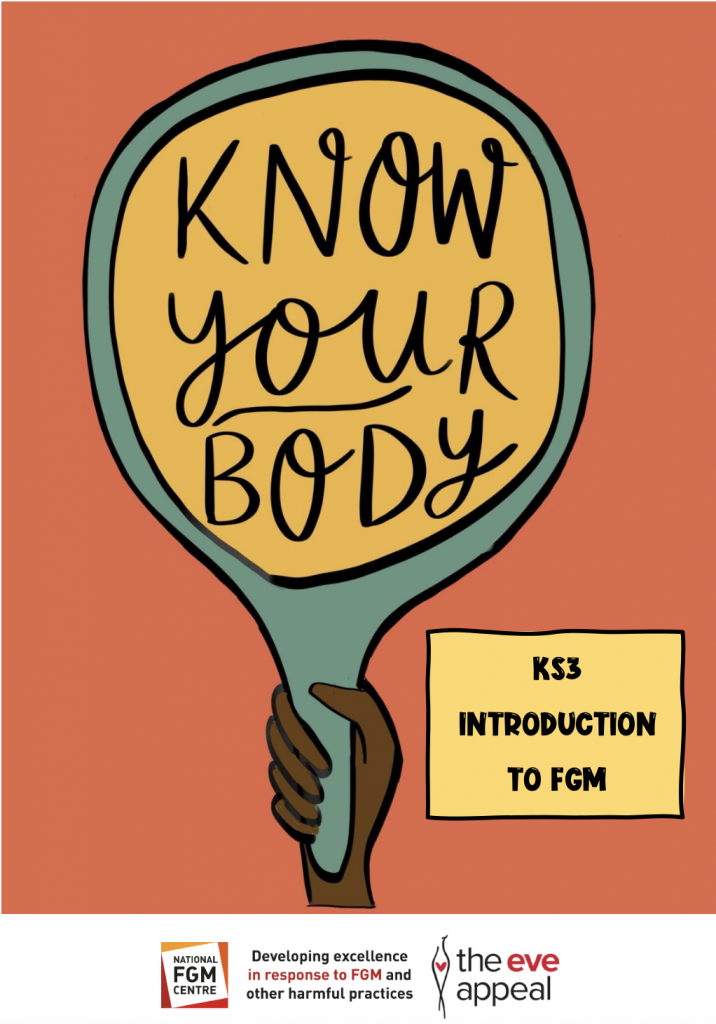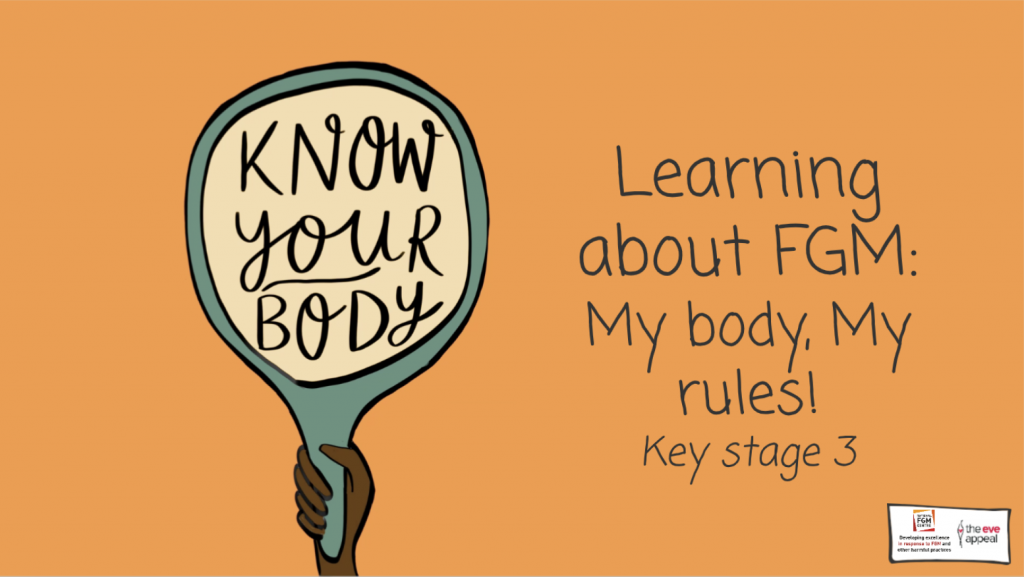Engaging parents
Engaging parents on the curriculum you will be teaching is not only important but also effective in creating lasting impact in communities in ending FGM, as it enables conversations around the practice to continue in the home and wider communities.
Effective ways to engage with parents about your plans to teach FGM in your school are to:
- Share data in relation to violence against women and girls
- Data in relation to FGM (you can use our FGM prevalence map)
- The UN goal and UK governments priority to end FGM by 2030, and our collective objective to ensure that all children are safe and therefore need to know and understand this information
- The need to empower children to have autonomy over their bodies to safeguard and protect from harm
Moreover:
- Show the content of the lesson plans
- Share the imagery and language that will be used
- Share the ethos and style you will be using I.E., the lessons take a rights- based approach to teaching about the subject, and are intended to empower children to think about making a positive impact on society
- Share that all lessons are age-appropriate and follow a spiral curriculum
Could you do this via parent focus groups, workshops, or coffee mornings/afternoons for example? Or perhaps termly assemblies or frequent newsletters work better in your school?
Frequently asked questions by children, and how to answer:
How many women and girls are affected by FGM?
An estimated 200 million girls and women alive today are believed to have been subjected to FGM worldwide, but we could never know the true numbers because of how hidden it is
Which types of FGM are most common?
Types I and II are the most common, but there is variation amongst different communities.
Where does the practice come from?
We don’t know for sure, but it does predate Christianity and Islam – it doesn’t have anything to do with religion
Why would someone want to hurt girls?
The adults who do this often haven’t FGM lessons like you are having and believe that it can prepare a girl for marriage, or it can keep a girl clean
Parents are there to protect girls but sometimes parents can have muddled thinking, and think it’s the right thing to do, but it’s very harmful
Is FGM illegal?
Yes – FGM is illegal in the UK. It is illegal to perform FGM on a girl in or outside the UK, it is illegal to organise FGM for a girl, and it is illegal to force a girl to do FGM on herself
Am I at risk of FGM?
If something doesn’t feel right for you, you should always speak to a trusted adult – sometimes a worry or concern can be a feeling in your tummy or sometimes in your head. It’s always okay to speak to a teacher or another adult you trust – there is always someone there ready to help and support you.
What should I do if someone comes to me with a worry or concern?
You should always encourage and support them to speak to a trusted adult, and you can also share your concerns with a trusted adult too.
What can I do to end FGM?
There are lots of things you can do to help end FGM – and one of the main ones is to talk about it to raise awareness. More people need to know that the practice is harmful to bring it to an end.


